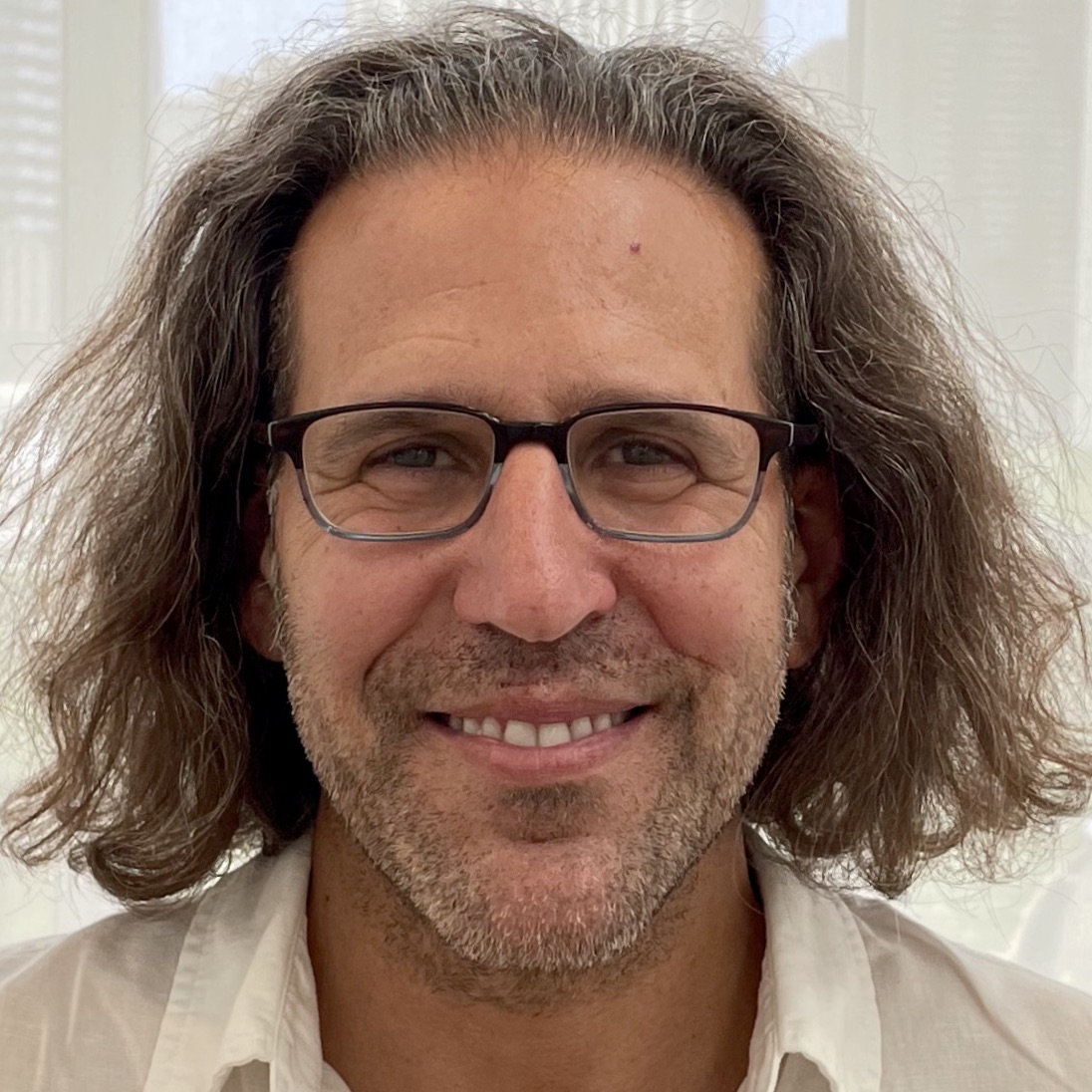(excerpted from “How To Survive Your Childhood Now That You’re An Adult: A Path To Authenticity and Awakening”)
“On this perfect day when everything is ripening and not only the grapes are becoming brown, a ray of sunshine has fallen on my life: I looked behind me, I looked before me, never have I seen so many and such good things together. Not in vain have I buried my forty-fourth year today; I had the right to bury it. . . .How could I not be grateful to the whole of my life?” ~ Nietzsche, Ecce Homo
A bumper sticker states, “It is never too late to have a happy childhood.” Another paradox in a cascade of paradoxes obscuring the truth. And yet, in this book I have been asking that we test our intellectual comfort zones in order to shift our paradigms and perspectives. The level of consciousness that created a problem will be unable to fix it, according to Einstein. We need new levels of consciousness; we need to see things in new ways, to embrace apparent paradoxes. Our level of consciousness creates resentments and judgments about the past in a futile effort to stave off inevitable future pain. This makes it challenging for us to be truly present, to be authentically in the present moment and temporarily — or maybe permanently through atonement — shed our fears and prejudices. Why not? Why does this seem so far-fetched? Is it possible that being awakened is synonymous with being present, with focusing on what is occurring in the present moment and not allowing our minds to drag us back into the unchangeable past or forward into an imaginary future?
To our minds, a glass of water is either half empty or half full. The glass of water is what it is. We are the ones who label it half empty or half full. The human prefrontal cortex is designed to categorize phenomena in a binary manner: black and white, good and bad, short and tall, good and evil, empty and full. But reality “out there” is what it is. Half full or half empty, good or bad, all depend on our perceptions. And it is within our power to reframe our perceptions. Particularly about our childhoods. Letting our minds tell us things “should” have been different — things we cannot go back in time and change — is an absurd waste of time. Wishing we could change something we cannot is a resentment. And resentment is like drinking poison and waiting for someone else to get sick. We cause only our own suffering. Rather than bitch and moan about the distance between reality and our expectations about how reality should have been, we need to ask ourselves what we need to do to clean up our stories about our entire pasts, including our childhoods.

